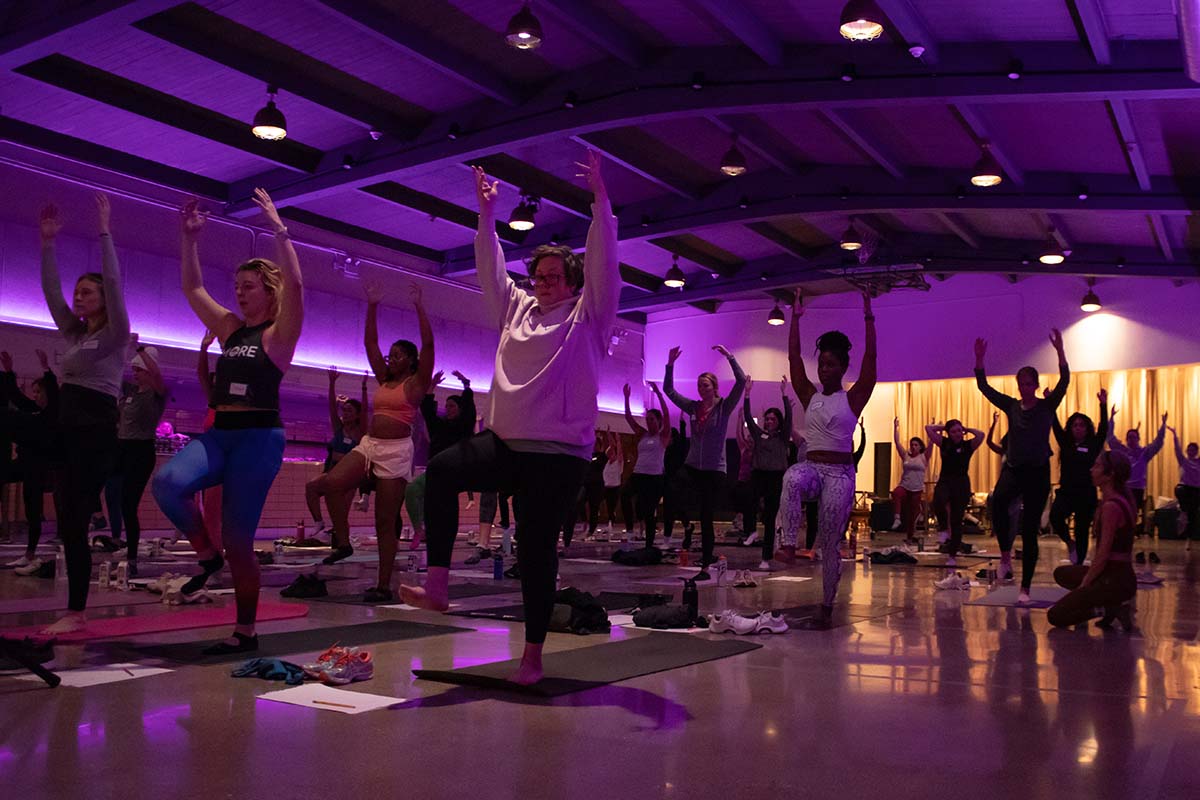How to Build a Stronger Relationship with Running
Running has been in and out of my life since high school, like an ex-partner that I could not get rid of. While I often blamed running for our break-ups, I recently realized that the old trope of “it’s not you, it’s me” applied to my relationship with running. I was entirely to blame for my fear of commitment, my tendency to flake on running dates, and my own lack of stamina whenever I did decide to pick up running again. When I learned how to commit to a running habit, I was able to see how fruitful our relationship could be.
Our relationship was put to the test with illnesses and injuries. But during Chicago’s Shamrock Shuffle, I saw how committing to running as a habit could pay off. In that race, I ran the fastest pace I have ever raced. I put my high school cross country days to shame, and I was better able to see the possibilities of my future with running.
Whether you had a running experience like mine with many fits and starts, or you are just now floating the idea of starting a running habit, I want to support you in putting your best foot forward. Below are some tips on how to make running a habit.

How to make running a habit
- Identify your why. My “why” for running has changed over the years. In high school, I ran to stay conditioned for soccer. In college, I ran to maintain my sanity while taking too many credits. Now as an adult, I run because it allows me to connect with people in the Chicago community and find a passion that is separate from my work. Though my why may shift, my running has always had a purpose. By identifying why you are running, you will be able to find purpose in runs that may feel challenging or lackluster. There is power in purpose.
- Set a SMART goal. A SMART goal is specific, measurable, achievable, relevant, and time bound. Many people may restart a running habit by choosing a race to work towards. Others may set a goal to get to a certain number of miles per week or a certain pace. Having a goal to work toward will support you by giving you benchmarks against which to measure your habit. Also, at least in my experience, when you achieve your goal, you will probably be hungry for more.
- Invest in attire that will support your running habit. Anyone that tells me “Running is free therapy” can take a look at my recent receipt from Saucony and eat their words. That said, I am happy (mostly) to spend money on running gear because it makes my experience better. Running in Chicago summers would not be possible without my body glide, Goodr sunglasses, and Nike Pro shorts. Having the proper gear for your runs will help prevent injury and support you in managing the seasonal elements. If you’re unsure of what you need for your running goals, visit a local running store to get expert advice.
- Find a running community that supports your goals. This past year, I set the lofty goal to run a marathon in under four hours. I hadn’t run a marathon in four years and would have to shave twenty minutes off my previous best time. The only reason I believed that I could do it was that I had a supportive community behind me. Chicago has a brilliant running community that represents the city’s diversity. From 7 on Sundays, to ThreeRunTwo, to Grocery Run Club, any runner can find a home.
- Create a running routine that works for your schedule. I am not a morning person. Sometimes working from home, I get out of bed ten minutes before my day starts. However, I have learned that running in the morning has been the right routine for me. As a therapist, I tend to work nights or just generally have an atypical schedule. By scheduling my runs for the morning, I am better able to use my time. Play around with how you schedule your runs to find the timing that works best for you.
- Prioritize recovery. Recovery is one of the most important parts of engaging in a healthy running habit. If all of your runs are at your max capacity, your running habit will likely burn out faster than a kid’s birthday candles. While there are numerous ways to recover, the most important parts of running recovery are sleep, hydration, nutrition, and rest days. Managing these four elements in your running habit will keep your running days long and strong.
- Celebrate your successes. Lastly, as with any successful habit, it is important to celebrate your successes. Maybe you ran further than you have ever run. Maybe you beat your previous mile time. Or maybe you were able to go on a run without investing your emotional energy into your run watch data (something I am working on). Whatever your success is, make sure you celebrate because building a habit is a challenging, yet rewarding process.
While running is one of the greatest loves of my life, it took my investment of time, energy, and patience. Much like any great relationship, your relationship with running will give back to you what you put in. Incorporate some of these tips to build your running habit and see how your relationship with running blooms.












